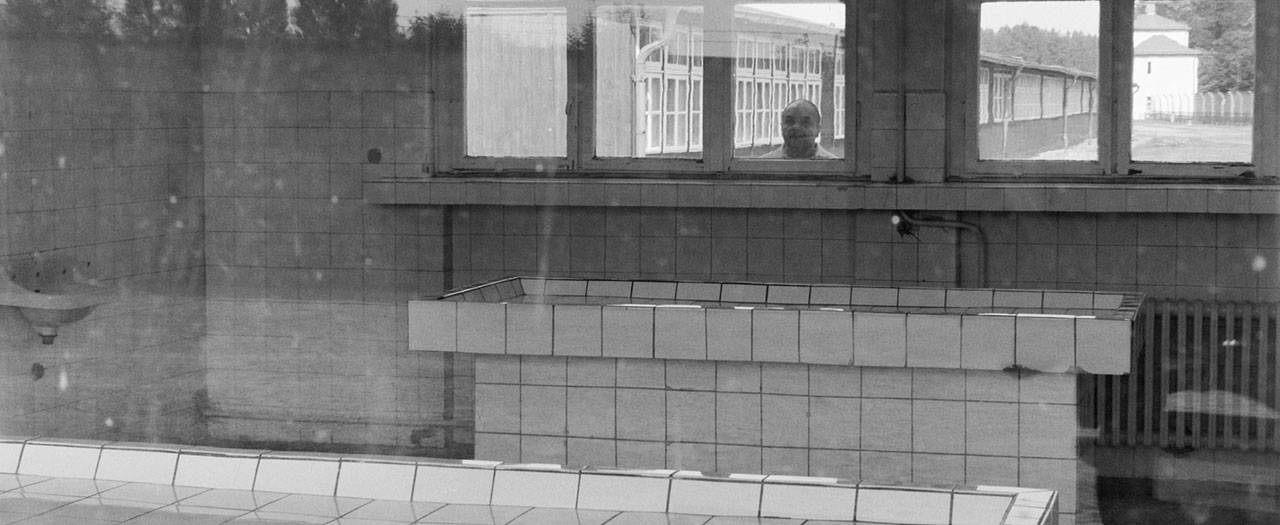AUSTERLITZ (2016) [Feature]
Sergei Loznitsa's compelling and insightful vision of how Nazi concentration camps – in this instance, Dachau and Sachsenhausen – have been reconstituted from sites of one of the 20th century's greatest atrocities to Meccas for selfie-stick-wielding 21st century tourists.
What happens when a place of solemn remembrance becomes a must-see destination for thousands of tourists annually? In the spirit of WG Sebald's eponymous novel, Ukrainian director Sergei Loznitsa (The Event, MIFF 2016) took his camera into the heart of the infamous Nazi concentration camp, observing the passing of tourists through a series of unbroken long takes that form a keenly bewitching tableau.
Presented without commentary, Loznitsa's film simply watches as voyeuristic, t-shirted tourists snack, chatter, and take selfies in this darkest of historical sites, while tour group leaders and audio guides offer narration that seems to float free of context. Austerlitz contemplates rather than indicts this Holocaust tourism, prompting us to consider the disconnect between history and its memory, and what compels visitors to experience such a horrendous past through the means of a superficial present.
'With Austerlitz, Loznitsa may have produced his finest film yet. Exhibiting a simplicity and intellectual acuity that is far too rare in the field of documentary, Loznitsa has created a film whose cumulative impact will stay with you long after you watch it, tinting and shading the way that you experience a multitude of previously ordinary cultural practices.' – Cinema Scope
As part of The Bigger Picture program, Austerlitz will be introduced by Dr Joshua McNamara from the Faculty of Arts, The University of Melbourne.
Correction: this synopsis has been updated to reflect the actual locations depicted in the film. MIFF had previously incorrectly noted it was shot at Auschwitz, and apologises unreservedly for the error.
